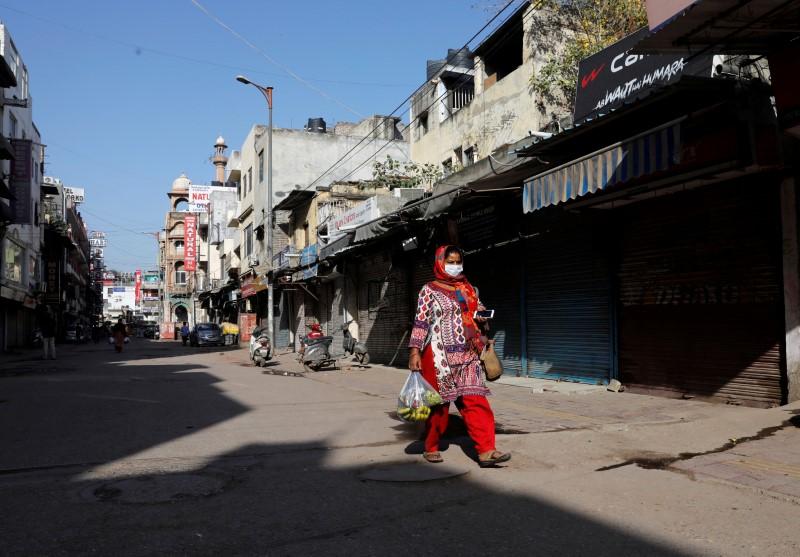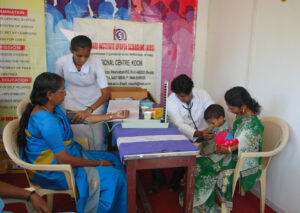Shortage Of Farm Labour Amid Covid-19 Lockdown

FILE PHOTO: A woman walks along a near-empty street during a lockdown amid a coronavirus disease (COVID-19) outbreak in New Delhi on March 25, 2020
A severe shortage of labour, triggered by India’s 21-day lockdown to rein in a coronavirus pandemic, will hobble harvesting of winter crops in the world’s second largest producer of staple foodgrains such as wheat.
The northern breadbasket states of Punjab, Haryana and Uttar Pradesh rely on farm labourers from eastern India, but most of them returned home to their villages after the lockdown began on March 24, fearing the virus and facing wage disruptions.
“We’ve never seen anything like this,” said Ramandeep Singh Mann, a farmer from Punjab, whose family grows wheat, rice and cotton on more than 45 acres (18 hectares) and would employ about 10 workers if they used mechanical harvesters.
“We’ve no one at all for harvests.”
Mann is just one of thousands of farmers worrying that the unprecedented labour shortage will make it tougher to get mechanical harvesters to fields or even pluck by hand crops expected to mature in mid-April.
Late harvests mean lower yields, reduced returns, and a smaller window to plant next season’s crops, besides leaving crops vulnerable to rain and hailstorms.
Even if farmers somehow manage to bring in the harvest, they next face the struggle of taking the produce to the market, with few trucks available to carry large volumes.
Most farmers sell produce only at wholesale markets which, in turn, depend on armies of labourers to unload, weigh and pack vast amounts of grain. The staffing shortage could also delay farmers’ payments for produce.
“Who is going to put grains in the bag, bring produce to wholesale markets, and then transport it to various storage facilities?” asked Jadish Lal, a merchant at the Khanna grain market in Punjab.
The labour shortage would severely cripple wholesale markets and even bring them to a grinding halt, said Sudhir Panwar, chief of farmers’ group Kisan Jagriti Manch.
Besides farmers of wheat and rapeseed, vegetable and horticulture growers will also struggle to sell their produce, Panwar added.
India has forecast wheat output at a record 106.21 million tonnes this year, and farmers are likely to produce 7.8 million tonnes of rapeseed.
Some farmers harvested early sown wheat and rapeseed varieties in March, but most growers will collect ripening crops by mid-April.
India has 1,251 infections and 32 deaths from the virus, which has caused nearly 800,000 cases worldwide, with more than 38,800 deaths.





